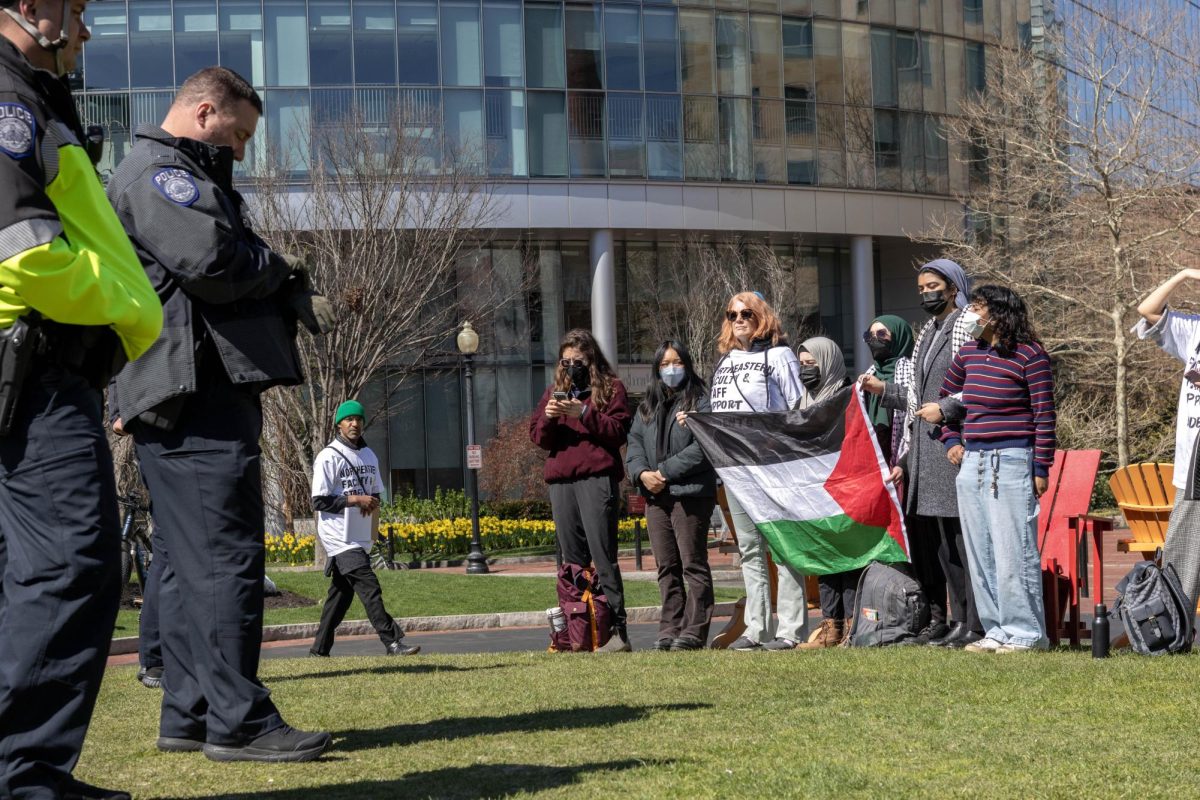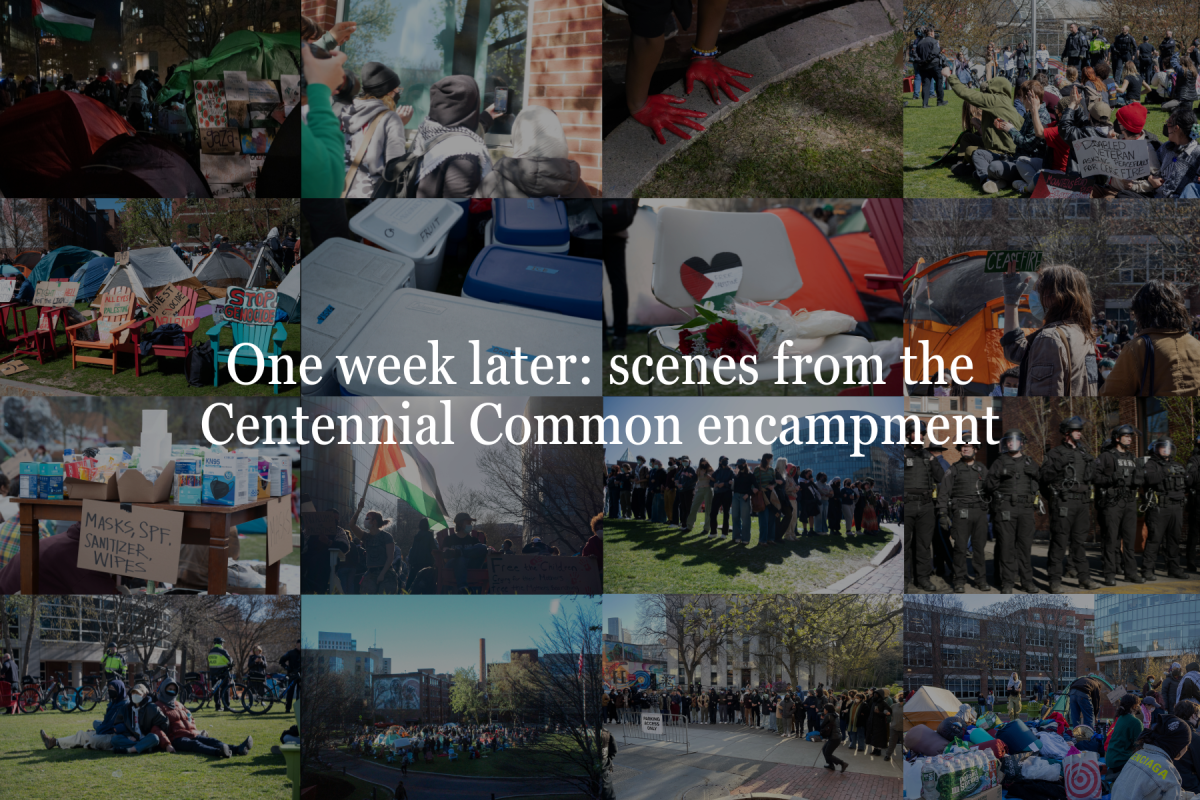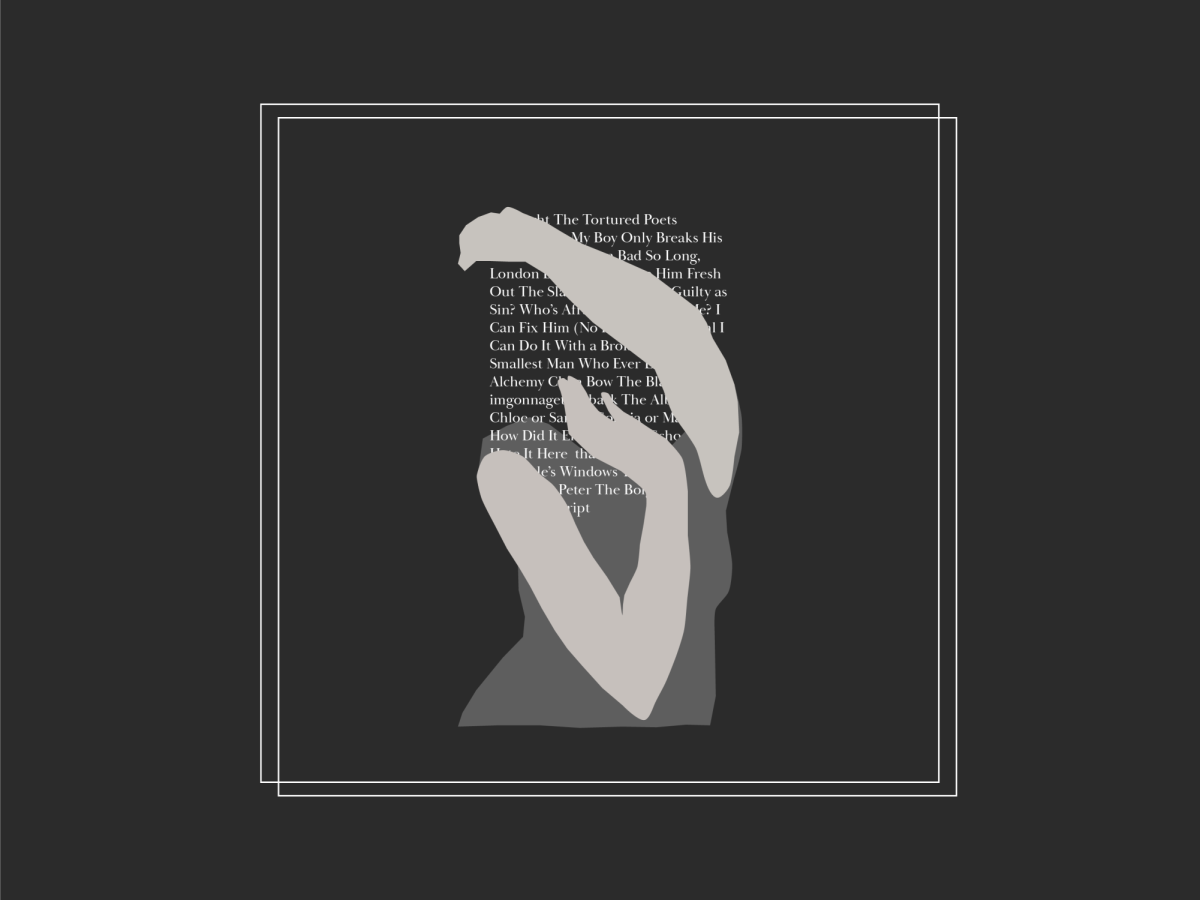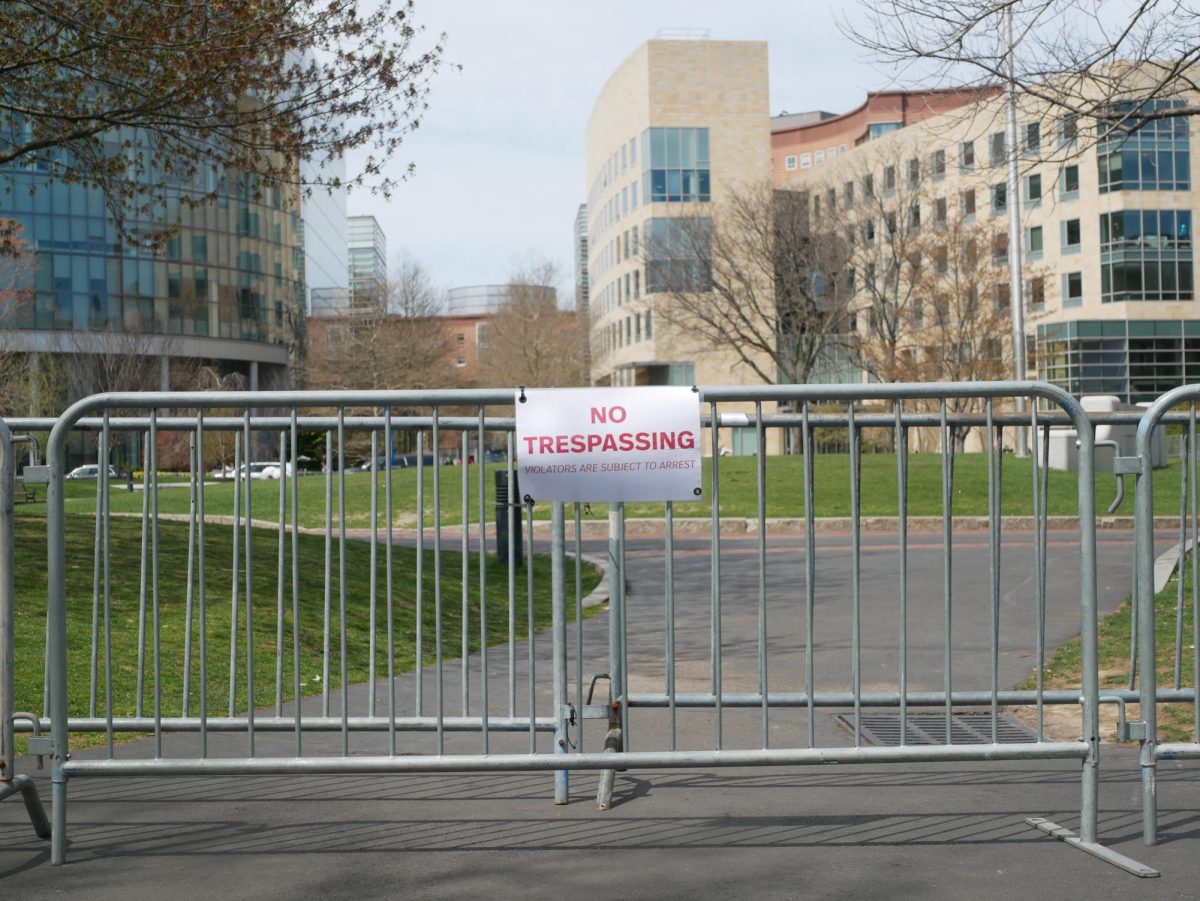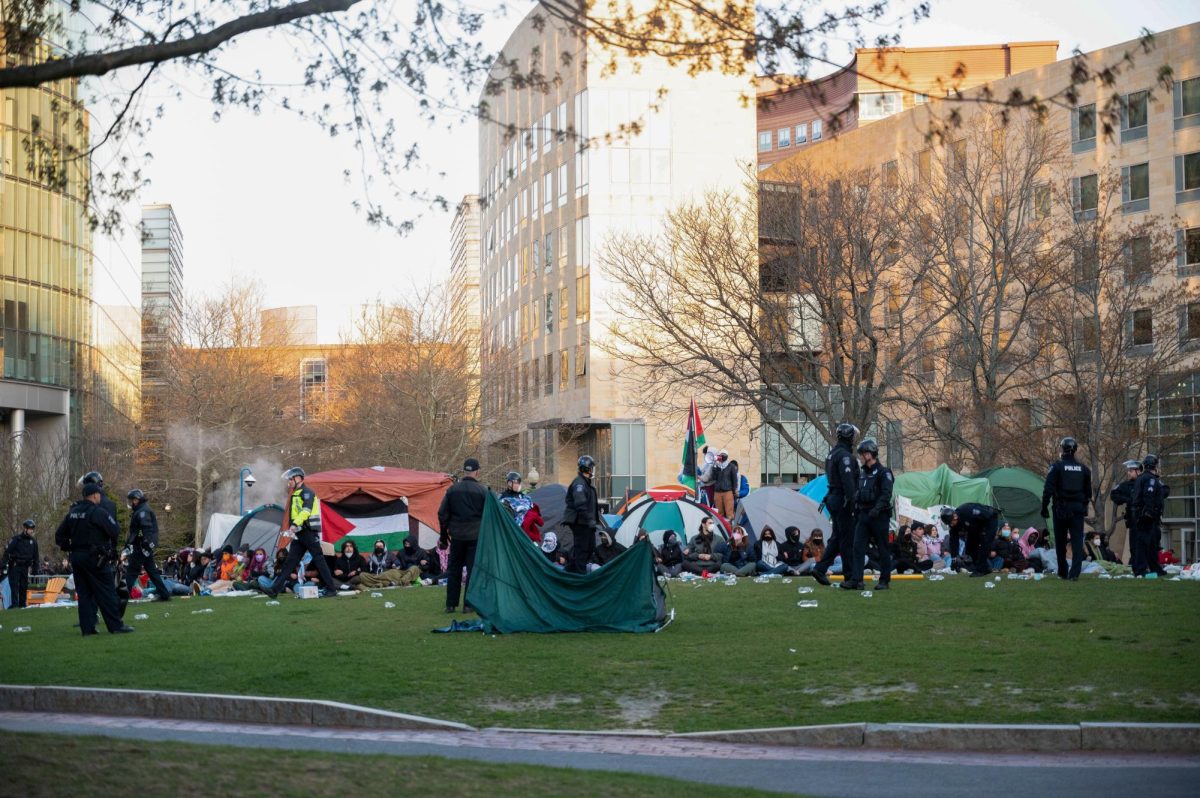While walking through the Curry Student Center, I was confronted by a number of students, apparently infantry in the War Against the War Against Iraq. With impending military action in Iraq, these students complain about “oil,” “imperialism” and “aggression,” yet they show no signs of understanding the topics they are running up the flagpole. From the moral soapbox they set up in front of the Information Desk, they might have been able to sell terrorism insurance, but not their myopic viewpoints.
That it is a war for oil, or worse — better gas prices — is an inherited fallacy of the anti-war movement. Even if by nation-building a fledgling parliamentary democracy could flourish in a country where secular humanism can be a capital offense, it would have little to no power to alter the price that the United States pays for oil. Our relations with Organization of the Petroleum Exporting Countries (OPEC)member countries (such as Saudi Arabia) preclude the withdrawal of Iraq from the organization. The cartel sets prices and production quotas by committee, according to the needs and capabilities of its eleven member countries, as well as the continued prosperity of the petroleum market. A war would have little to no effect on the price of a barrel of oil.
While war is of course an act of “aggression,” the belief that the global community can or will function at present with no aggression whatsoever is utopian. Recall that Desert Storm was the result of Iraqi aggression against Kuwait. There were conditions to the Desert Storm cease fire, which were accepted by Saddam Hussein in March 1991, and laid out by the international community in U.N. Resolution 687. Hussein proceeded to violate most of that resolution by firing on U.N. patrols, buying prohibited goods, expelling weapons inspectors, and continuing biological and chemical weapons programs.
The cessation of aggression in 1991 did more harm than good. After the war in the Gulf, U.N. inspectors found massive stockpiles of mustard gas, sarin, and tabun. Iraq’s recent “full accounting” released to the U.N. makes no mention as to the fate of these items. The residents of Halabja, Iraq know Hussein deployed chemical weapons against them in 1998 in a “cocktail” of mustard gas, sarin, tabun, VX and cyanide. Hussein lieutenant Ali Hassan al-Majid, a.k.a “Chemical Ali,” ran that operation and the entire Anfal campaign, which took the lives of at least 50,000 Iraqis. Dr. Rihab Taha, a.k.a. “Dr. Germ,” publicly acknowledged an active Iraqi germ-weapon program in 1995. It was amusing, therefore, to hear one Student Center activist deride the suggestion that Iraq even had such weapons.
There are also cries of “imperialism,” as though the United States seeks to establish hegemony over the entire world. We already have that hegemony. It is given to us tacitly and continuously by countries that cannot defend, support, or maintain themselves without our aid. When a madman descended upon Eastern Europe with a campaign of “ethnic cleansing” against Kosovo Albanians and Croats, the remainder of Europe was quick to charge the U.N. with restoring order to the region. As per usual with such U.N. undertakings, it was mostly our military and our money that restored peace to Europe. Now the people of France, Germany, and the rest of that thankless continent choose to appease a despot who gassed and deported 150,000 Kurdish Iraqis. Are you fired up about the “imperialist” American military in Saudi Arabia? Don’t call your representative. Ask the Saudi Arabian government why it continues to request our presence. The answer, by the way, is protection from Saddam Hussein.
While you walk through campus, you may be confronted by these individuals. The Constitution guarantees their right to say whatever they want, but remember that these na


